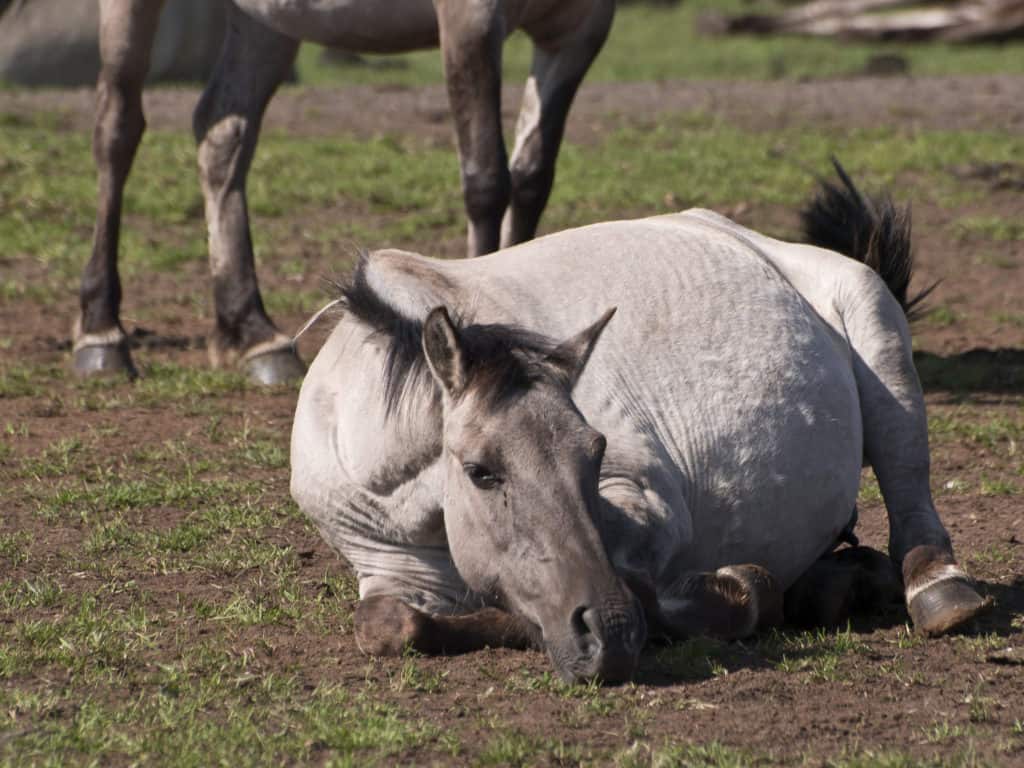
Equine Colic Imitators
Many conditions besides colic can cause coliclike signs. And with colic, delayed treatment or misdiagnosis can have serious consequences. Here’s what you need to know.

Many conditions besides colic can cause coliclike signs. And with colic, delayed treatment or misdiagnosis can have serious consequences. Here’s what you need to know.

Learn about fibrotic myopathy, MFM, botulism, PSSM, and HYPP and how they affect horses.
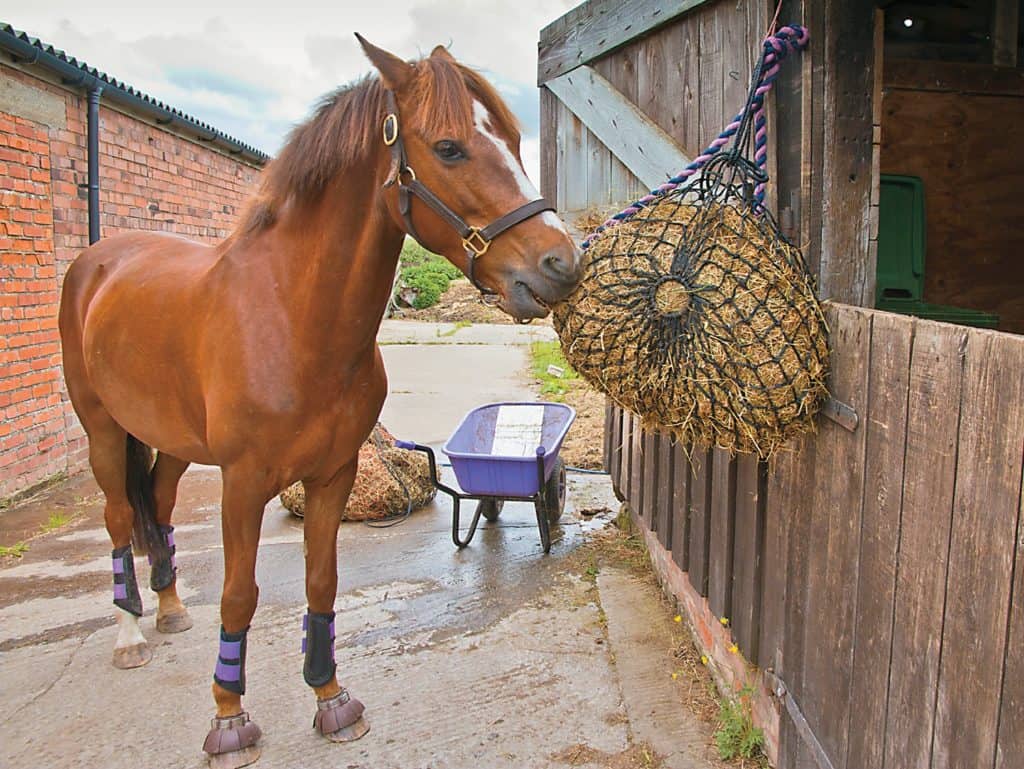
Horses with conditions such as muscle or metabolic disease might have special hay needs to stay healthy.

Learn more about alfalfa and whether this leafy green legume is a good choice for your horse.

Certain muscular disorders, such as HYPP and PSSM, are common in horses because breeders have selected for specific traits, including enhanced muscle mass and metabolism economy.

Dr. Ernest Bailey shares information about genetic diseases that related to specific breeds.

Research is offering more insight into inherited diseases and conditions in our horses. Learn more about HYPP, PSSM, overo lethal white syndrome, lavender foal syndrome, HERDA, SCID, and more.

What kind of diet should a horse with HYPP consume to help keep clinical signs at bay?

High blood potassium levels cause hyperkalemia. Here’s what to watch for and how to treat this dangerous condition.

Find out what the equine genome can tell us about our horses and preventing genetic disease.
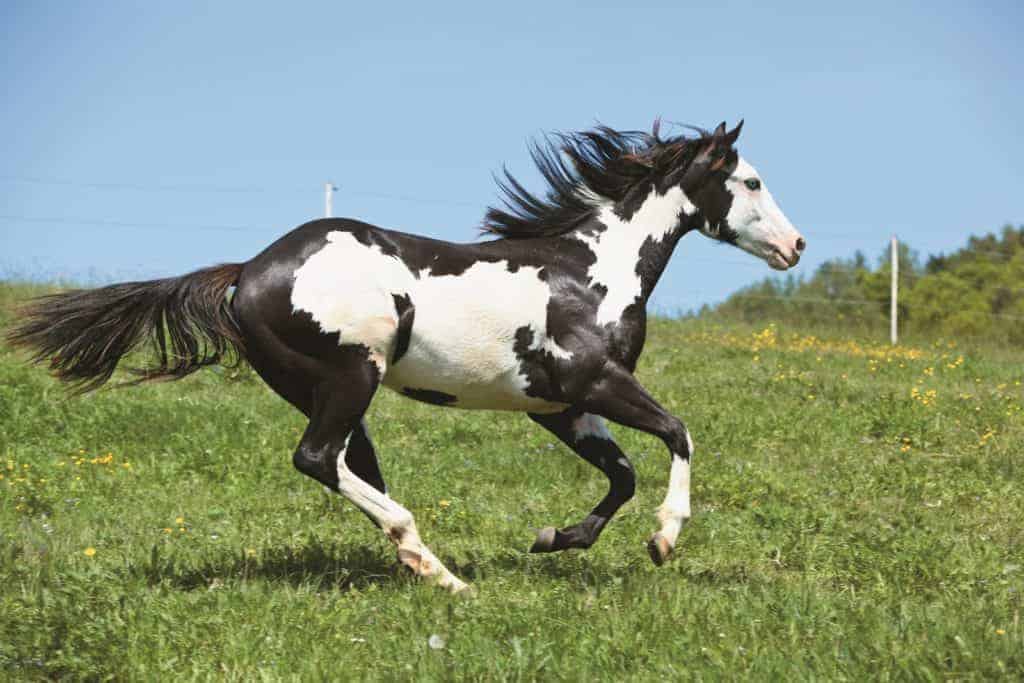
By knowing what conditions certain horses are predisposed to, owners and breeders can take preventive steps.

Testing for and identifying which horses could potentially be affected by genetic conditions is important not only for buyers and breeders but also for the overall health of the breed itself.

Learn about the potential benefits of soaking your horse’s hay, methods for soaking, and what to do with the remaining liquid (hint: don’t use it to water plants) in this information packed fact sheet.
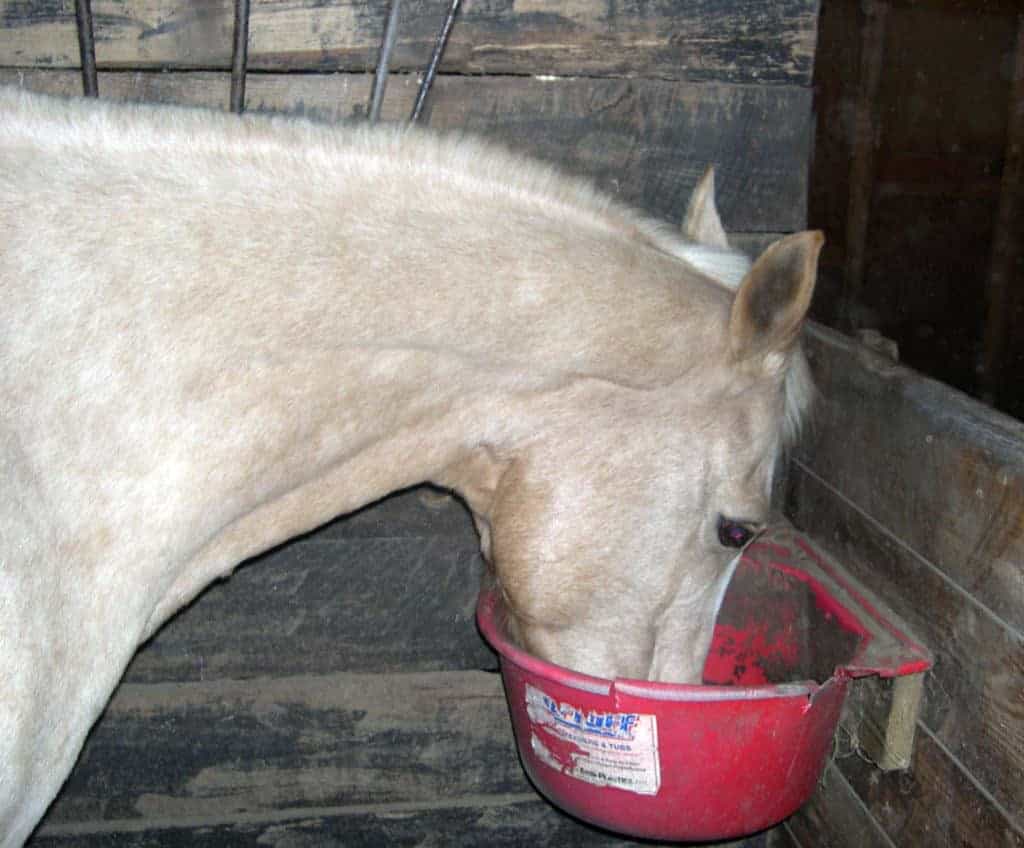
Managing diet can help alleviate signs of some equine genetic disorders, such as PSSM and HYPP.
Stephanie Valberg, DVM, PhD, is the first female to deliver the Milne State-of-the-Art Lecture.
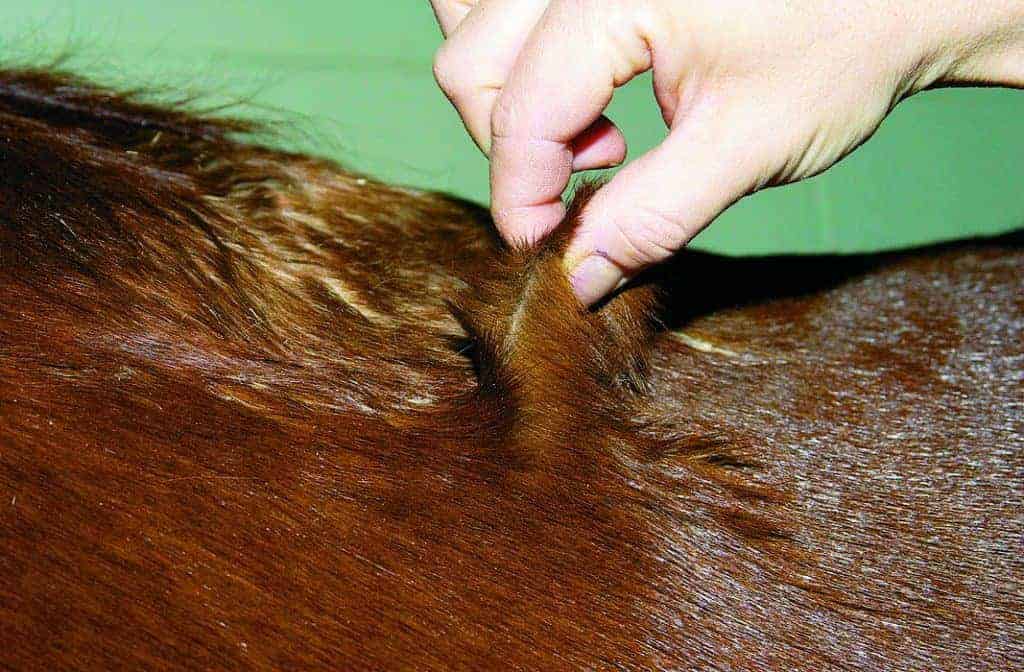
The test will screen for five potentially fatal genetic diseases often found in Quarter Horses.
Stay on top of the most recent Horse Health news with
"*" indicates required fields